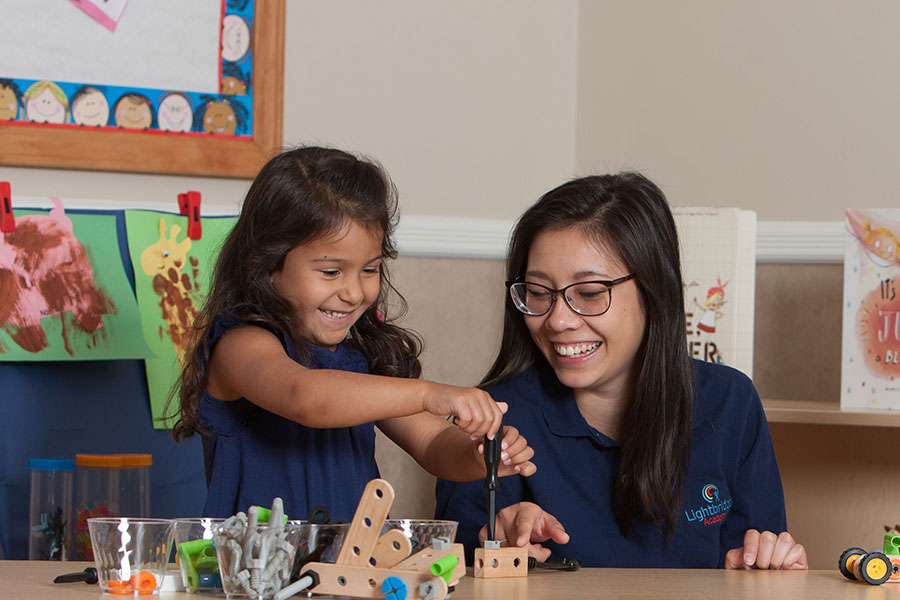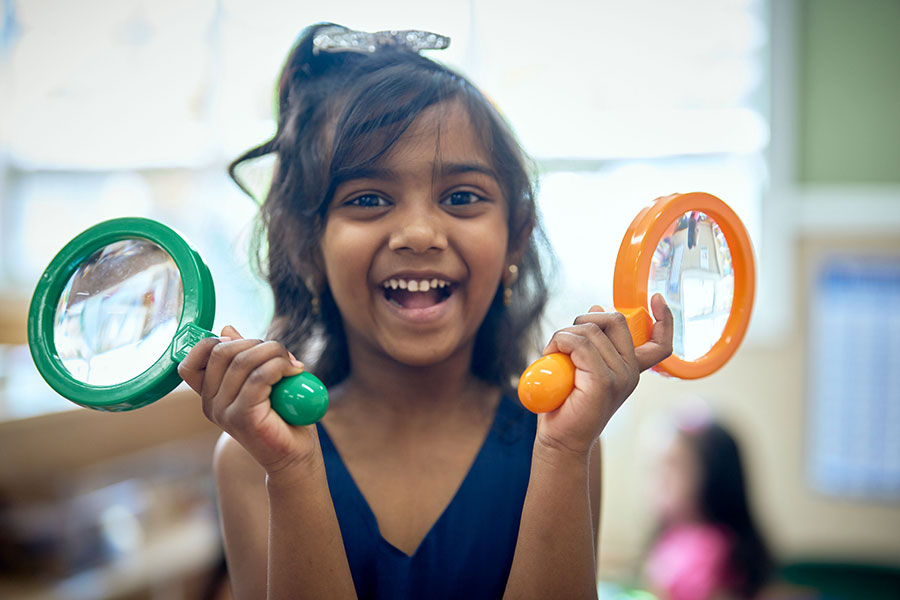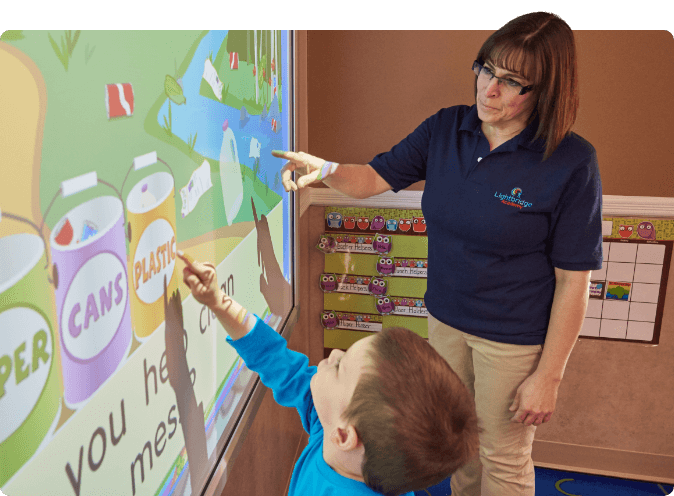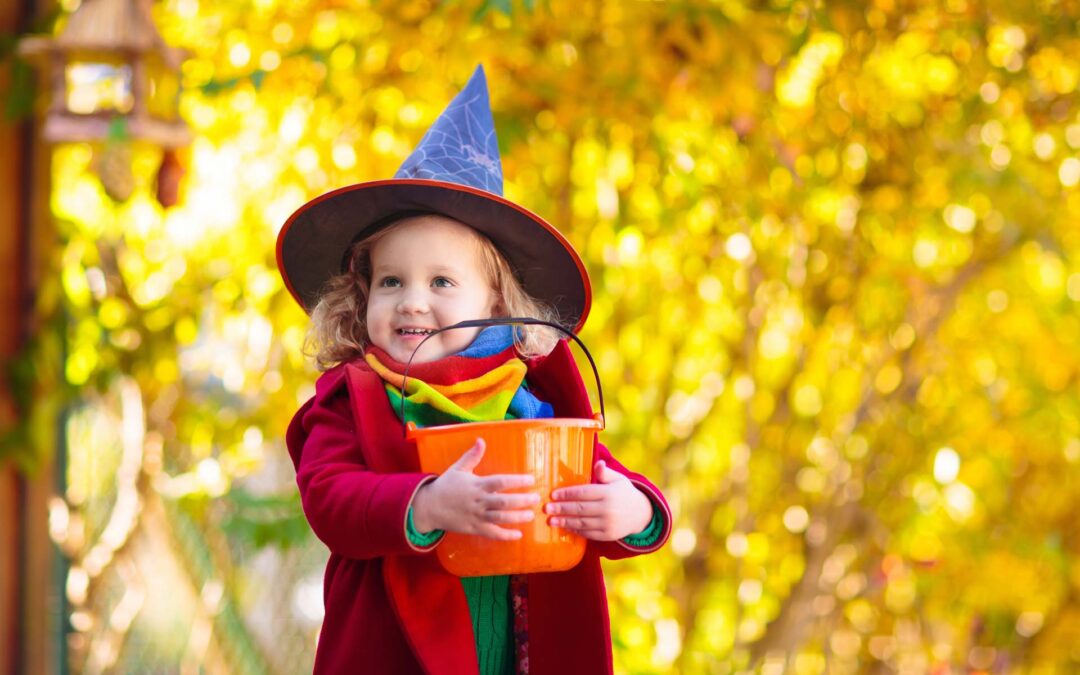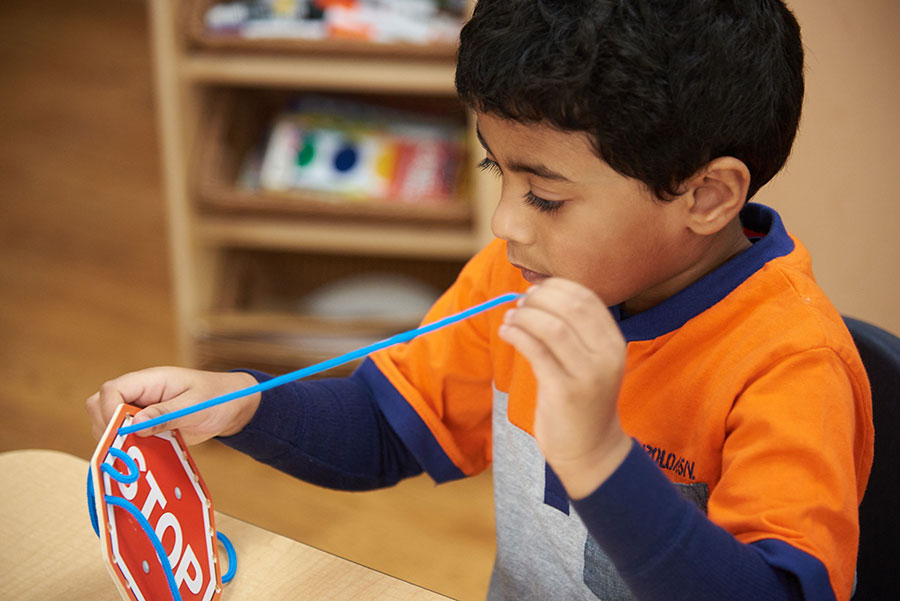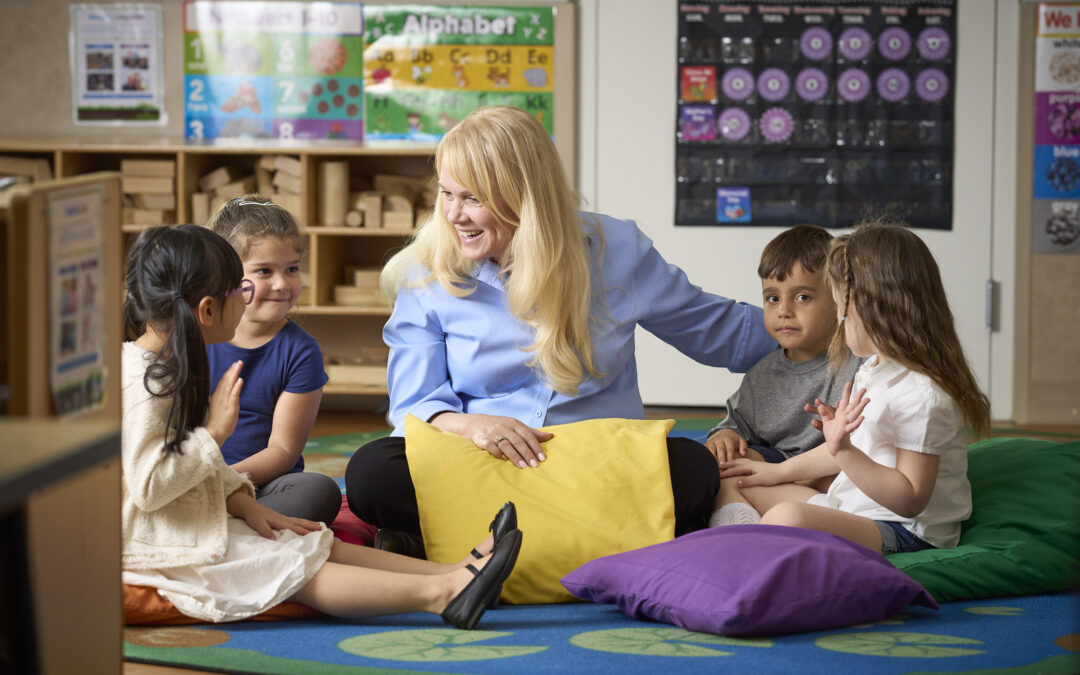Do you think STEM is too complex for your child? Do you think STEM is too complicated for you? Think again!
What is STEM, why is it important, and why should you do it at home?
- STEM is the combination of Science, Technology, Engineering, and Math that focuses on teaching how the world works through hands-on activities, problem solving, and critical thinking skills
- Strengthens family connection and bond through shared discovery and time spent together
- Teaches children that learning happens all the time, not just at school… and at any age!
Your preschooler naturally possesses a boundless curiosity, making the preschool years an ideal time to introduce them to science, technology, engineering, and math skills. Even if science and math don’t turn out to be your child’s (or your!) strong suits, exploring STEM in early childhood has significant benefits. Developing an interest in science at a young age doesn’t just help your child excel in STEM as they get older; it also improves the problem-solving, critical thinking, and teamwork skills they need in every subject.
Although many early childhood education centers offer preschool STEM at school, it couldn’t be easier to help your child develop additional science skills at home, too. Learn more about preschool science experiments that are as fun as they are educational! Fear not, we have your back and can help you have some STEM family fun at home!
Preschool Science Experiments for the Whole Family
Parents who found science or math challenging in school might think that helping their children learn about it is beyond their capacity, but you don’t need to be a science whiz to help your child develop their STEM skills, and you might even learn a thing or two also! In its simplest form, STEM teaches us to explore our world and ask questions about how things work. Science experiments for preschoolers can include mundane things that don’t feel like science at all, like drawing, singing, and simple observations. Be sure to ask lots of questions – as your child ponders the experiment, they’re developing their observational and critical thinking skills.
STEM science for preschoolers doesn’t have to be complicated. Most activities and experiments can be done with everyday items you already have at home.
Kick off your family STEM night with a scavenger hunt to gather some items:
- Empty toilet paper or paper towel rolls
- Glue
- Dish Soap
- Vinegar
- Baking Soda
- A bowl with water
- Blocks, buttons, small toys
The next time you’re in search of a fun, enriching family activity, try one of these science activities for preschoolers.
5 Science Experiments for Preschoolers
- Sink or Float: Gather up items you have around the house – like buttons, wooden blocks, rubber toys, and apples – then have your little learner guess whether those items will sink or float when they’re placed in water. You can use a water table if you have one, but a sink or bathtub will work just fine! Record their guesses and the results. This will teach your child about density and volume, cause and effect, and categorization.
- Ocean in a Bottle: This classic oil and water experiment is perfect for curious preschoolers. Using a large bottle with a child-safe, screw-on lid, pour in equal parts oil and water – plus food coloring to make it fun! Ask your child to shake the bottle and see if the oil and water will mix. As the liquids separate, it looks like ocean waves. Explain that because water is denser than oil, there are more water molecules in the jar, causing the water to sink to the bottom.
- Shadow Play: Here’s a new way to have fun on a sunny day! In the morning or early afternoon, take a few favorite toys outside. Make sure to choose a variety of shapes and sizes. Place the toys on a sheet of paper and observe how big the shadow is. Have your child draw an outline of the shadow. Throughout the day, check back on the toys and observe how their shadows change. This will help your little one begin to think about how light travels, as well as how the sun changes throughout the day.
- Magic Milk: Use simple household items to teach your child about surface tension. Start by pouring whole milk into a shallow dish, then cover the surface of the milk with drops of food coloring. Next, pour dish soap into a small bowl. Dip a cotton swab into the soap, then use it to touch the surface of the milk. Because the soap lowers the milk’s surface tension and causes the molecules within it to react, it changes the milk’s surface tension, creating pretty swirls of color that little ones will love!
- Baking Soda and Vinegar: This one is a favorite for a reason! Although there are lots of different ways to perform this experiment – including building a volcano out of dough and letting the baking soda and vinegar react inside of it – it can be just as fun in its simplest form. Tape a plastic bottle to the bottom of a cookie sheet and use a funnel to add two tablespoons of baking soda into it. Next, pour vinegar, dish soap, a small amount of water, and a few drops of food coloring into the bottle. Your child will be in awe of this stunning chemical reaction.
Remember, STEM is all around us, and you can easily turn any activity into a STEM lesson by asking your preschooler some thought-provoking questions, such as:
- “What do you think will happen next?”
- “What if we add more XYZ here?”
- “How could we make XYZ stronger, faster, taller?”
- “Why do you think XYZ worked… or didn’t work?”
Also, don’t underestimate how much STEM is in your everyday life that you can already add your child to? Grocery shopping – budgeting and numbers. Building a fort is engineering, cooking is chemistry and math. We promise, you can do it!
Lightbridge Academy Encourages Curiosity
At Lightbridge Academy, our private preschool science programs have been designed to develop your child’s natural curiosity and sense of wonder. Our child-led, teacher-guided curriculum sees every moment of childhood as an opportunity to learn. Lightbridge Academy’s preschool science programs combine group instruction and fun activities to help your child gain skills they’ll need in pre-k, kindergarten, and beyond.
From STEM and reading to creative arts and music, Lightbridge Academy is proud to be your partner in early childhood education! Schedule a tour to learn more.


